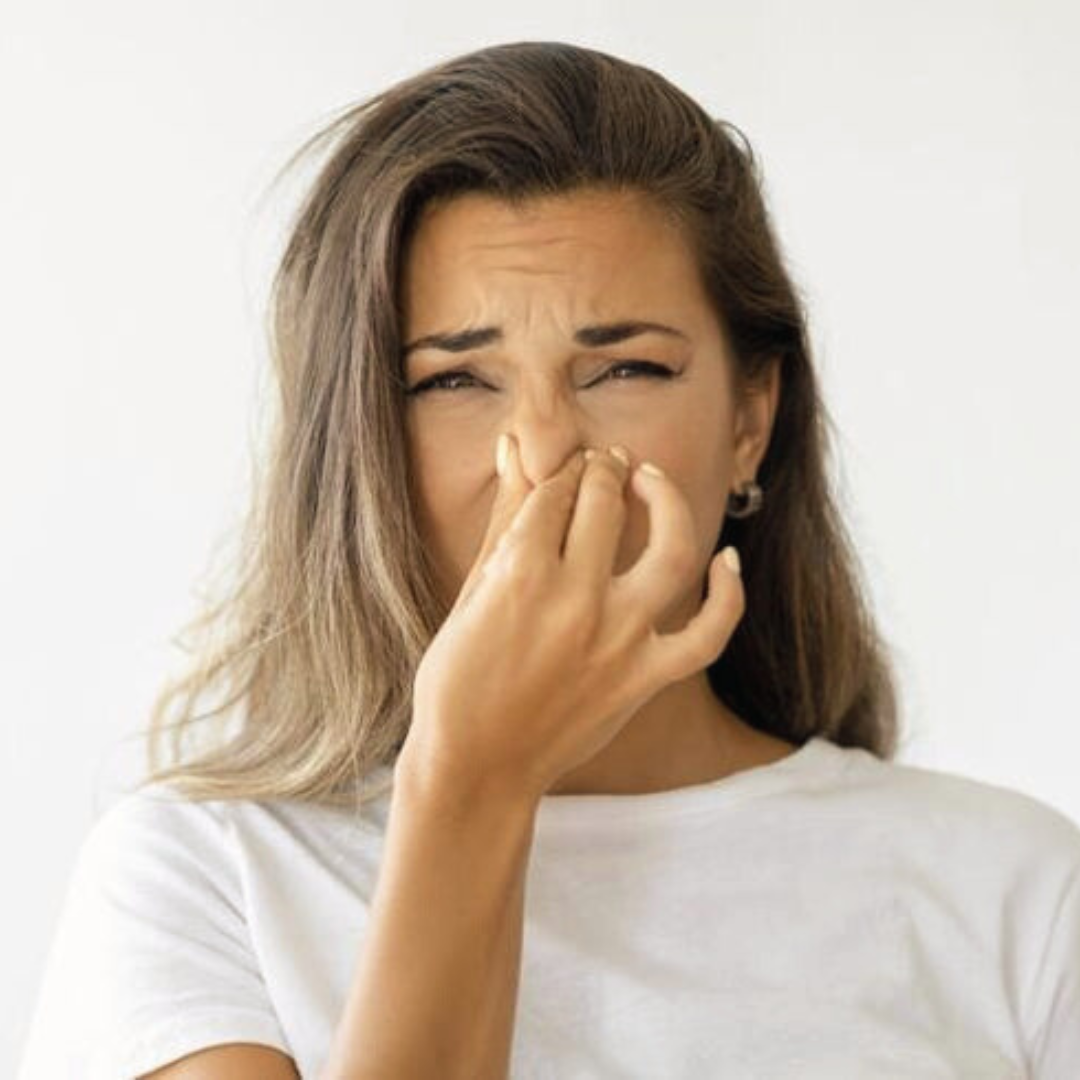Reading time: 5 minutes
Everything you need to know about pollen hay fever: Check the Calendar!
The hay month of June, once the symbol of hay fever , when the air was filled with tickling pollen and many people blew their noses to find relief.
BIZARRE, how times change!
These days, hay fever season seems to stretch from February to October , as if the pollens have made their own agenda and decided they want to party all year round.
And let’s face it, it’s not just hay bales that cause itchy and watery eyes, but also trees, grasses and herbs. cloud of allergy triggers.
But fear not, because with the right knowledge and planning you can take back control.
The influence of the weather
The weather is like an invisible director who stages the pollen spectacle. Did you know that a warm winter can be the starting signal for an early hay fever outbreak, with the pollen preparing for a season full of irritation.
When the sun shines its rays, the air is filled with an abundance of pollen, ready to plague us. But the rain washes the air clean of that pesky pollen, hopefully giving you some relief.
Hay fever symptoms and peak months
When does hay fever peak and symptoms become worst?
During the flowering period of grasses, trees and weeds, especially in May and June , we are plagued by sneezing, itchy eyes and a stuffy nose.
But rest assured, we are here to help you get through these months with as little discomfort as possible.
Goldea Health emergency plan for hay fever
Although hay fever may not be curable, there are ways to reduce the symptoms. Our holistic approach starts with avoiding pollen as much as possible. Over the years, we have developed some handy tricks that we would like to share with you.
Tips to avoid pollen
-
Location, location, location : Pollen concentrations are highest in Gelderland, Brabant and Overijssel, while the air is cleanest on the coast. So try to go to the beach more often, especially on days with extremely high pollen levels.
-
Vaseline as a shield : Apply some Vaseline around your nose before you leave the house. Some of the pollen will stick to it, which will reduce irritation.
-
Protect your eyes : Wear large sunglasses to protect your eyes from flying pollen.
-
Timing of activities : Plan outdoor activities preferably early in the morning, before 10:00, when the amount of pollen in the air is still limited. After 10:00, the amount of pollen increases due to heating by the sun.
-
Ventilate wisely : Preferably air your house early in the morning or at night, when there is less pollen in the air, or after a rain shower.
-
Clothing and Hair : Pollen can stick to your clothes and hair, so change in the bathroom and wash your hair regularly, preferably before going to bed, to avoid pollen transferring to your pillow.
-
Mental state : Pay attention to your mental state, as even mild stress and nervousness can worsen allergic reactions. So make sure you get enough relaxation in addition to a healthy diet.
-
Keep an eye on the pollen : Stay informed about the pollen concentrations in your province/area by regularly consultinghooikoortsrader.nl .
Supplement plan for hay fever
- Why: Vitamin C is known for its antihistamine properties, meaning it can help reduce allergic reactions such as those caused by hay fever. It acts as a natural anti-inflammatory and can help relieve the symptoms of hay fever.
- Dosage: Take 1000 mg of vitamin C daily, spread throughout the day, preferably with meals to improve absorption.
-
Why: Magnesium plays an important role in regulating the immune system and can reduce inflammation. A magnesium deficiency can lead to increased susceptibility to allergies, so supplementation may help reduce hay fever symptoms.
-
Dosage: Take 200-400 mg of magnesium daily, preferably in the form of magnesium citrate or magnesium glycinate for better absorption. The great thing about our magnesium is that it contains both.
- Why: A multivitamin can help fill in any nutritional gaps that may contribute to a weakened immune system and increased susceptibility to allergies. It provides the body with essential nutrients needed for healthy functioning.
- Dosage : Follow the recommended dosage on the packaging, usually one capsule per day with a meal.
- Why: Omega-3 fatty acids have anti-inflammatory properties and can help reduce the inflammatory responses that occur with hay fever. They can also modulate the immune response and reduce sensitivity to allergens.
- Dosage: Take 1000-2000 mg omega 3 fatty acids daily, preferably in the form of fish oil or algae oil for vegetarians and vegans.
Disclaimer:
Summary:
In this blog we’ve explored the world of hay fever, looking at the impact of weather, peak months for hay fever symptoms and how to protect yourself with our Goldea Health emergency plan. We’ve shared handy tips for avoiding pollen and created a supplement plan with vitamin C, magnesium, multivitamins and omega-3s to help reduce hay fever symptoms.
Do you have any questions?
Do you have any questions after reading this blog? Don’t hesitate to ask us for free and customized advice or contact us directly. Our dedicated team is ready! Are you looking for more inspiration? Feel free to visit our Instagram page or check out our other recipes, blogs for an abundance of healthy and tasty ideas. We are happy to share knowledge and tips to take your well-being to the next level!
Sources:
-
Vitamin C:
- Study: “Vitamin C for asthma and allergies: mechanisms and therapeutic effectiveness” (2018) – This study discusses the antihistamine properties of vitamin C and how it may reduce the symptoms of allergies, including hay fever.
-
Magnesium:
- Study: “The role of magnesium in asthma and other chronic obstructive airway diseases” (2017) - This study examines the role of magnesium in regulating inflammation in the airways and suggests that magnesium supplementation may help reduce symptoms of respiratory conditions, including hay fever.
-
Multivitamins:
- Study: “Effect of a Multivitamin and Mineral Supplement on Infection and Quality of Life” (2019) - This study investigated the effect of multivitamin supplementation on immune response and quality of life in people at increased risk of infections, which may be relevant for hay fever sufferers who are more susceptible to allergies.
-
Omega 3 fatty acids:
- Study: “The effects of omega-3 polyunsaturated fatty acids in individuals with asthma and allergic rhinitis: a systematic review and meta-analysis of randomized controlled trials” (2018) - This systematic review and meta-analysis of randomized controlled trials examined the effects of omega-3 fatty acid supplementation in people with asthma and allergic rhinitis, concluding that it may be beneficial in reducing symptoms.
-
Combination of supplements:
- Study: “Efficacy of Vitamins C, E, and Their Combination for Treatment of H1N1: A Placebo-Controlled Clinical Trial” (2016) – This clinical trial investigated the effectiveness of a combination of vitamin C and vitamin E in treating H1N1 influenza, but the findings may also be relevant to hay fever sufferers because of the immune-boosting properties of these vitamins.



